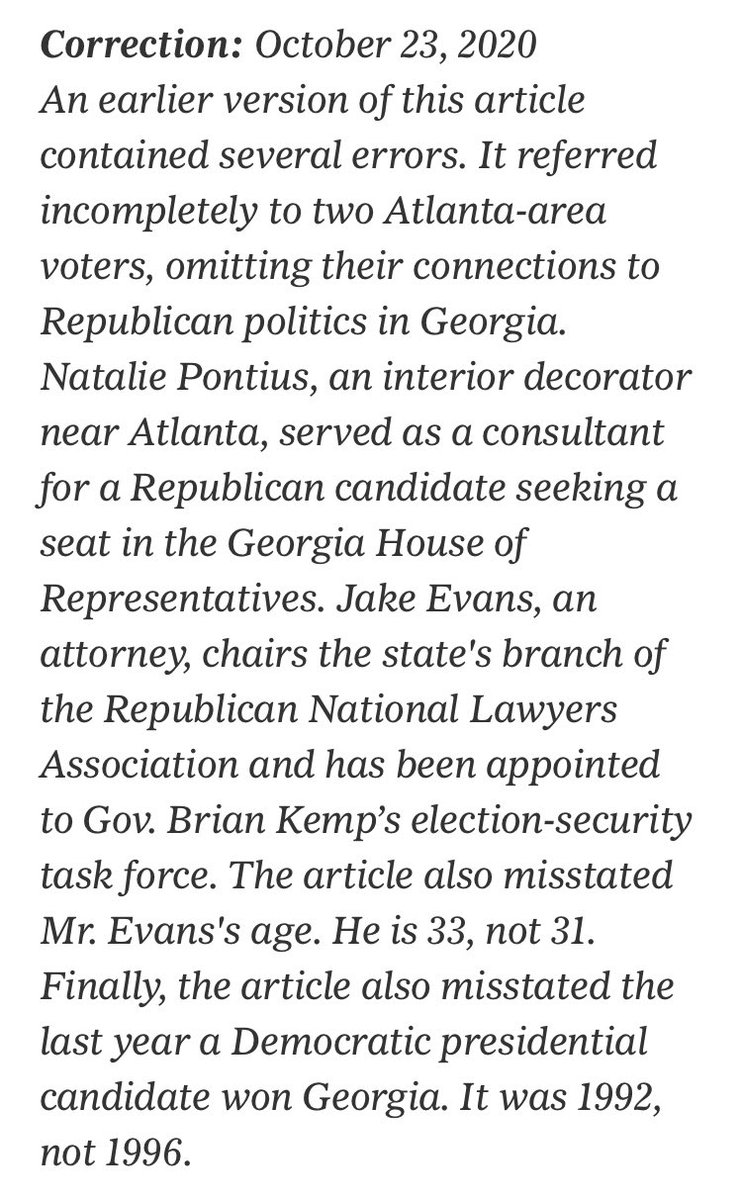As the @nytimes assistant managing editor for Standards and Trust, I’ve received reader feedback regarding our reporting on Zohran Mamdani’s 2009 application to Columbia University. To provide context on how the reporting came together, I wanted to share some information:
The Times has been reporting comprehensively on Mr. Mamdani’s proposals for the city, his vision on the economy and affordability, his leadership record and his personal background, including his biography and South Asian heritage that he’s talked about during his campaign.
Times journalists for decades have done deep reporting on major party nominees for New York's mayor to provide insight, context and texture about their priorities, history and evolution. Our reporting helps readers better understand how candidates think and what they believe.
Our reporters obtained information about Mr. Mamdani’s Columbia college application and went to the Mamdani campaign with it. When we hear anything of news value, we try to confirm it through direct sources. Mr. Mamdani confirmed this information in an interview with The Times.
Mr. Mamdani shared his thinking about the limitations of identity boxes on forms like Columbia’s, and explained how he wrote in “Uganda,” the country of his birth – the kind of decision many people with overlapping identities have wrestled with when confronted with such boxes.
We believe Mr. Mamdani’s thinking and decision-making, laid out in his words, was newsworthy and in line with our mission to help readers better know and understand top candidates for major offices.
We sometimes receive information that has been hacked or from controversial sources. The Times does not solely rely on nor make a decision to publish information from such a source; we seek to confirm through direct sources, which we did with Mr. Mamdani.
Sometimes sources have their own motives or obtain information using means we wouldn't, like Trump's taxes, Wikileaks or Edward Snowden. It’s important to share what we can about sourcing, but we always independently assess newsworthiness and factual accuracy before publishing.
On sourcing, we work to give readers context, including in this case the initial source’s online alias, as a way to learn more about the person, who was effectively an intermediary. The ultimate source was Columbia admissions data and Mr. Mamdani, who confirmed our reporting.
We heard from readers who wanted more detail about this initial source. That’s fair feedback. We printed his online alias so readers could learn more about the person. The purpose of this story was to help illuminate the thinking and background of a major mayoral candidate.
For anyone who wants to read the full piece, here’s a gift link. nytimes.com/2025/07/03/nyr…
• • •
Missing some Tweet in this thread? You can try to
force a refresh








